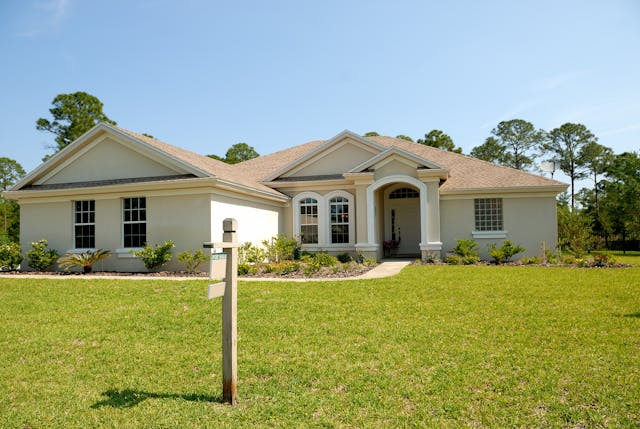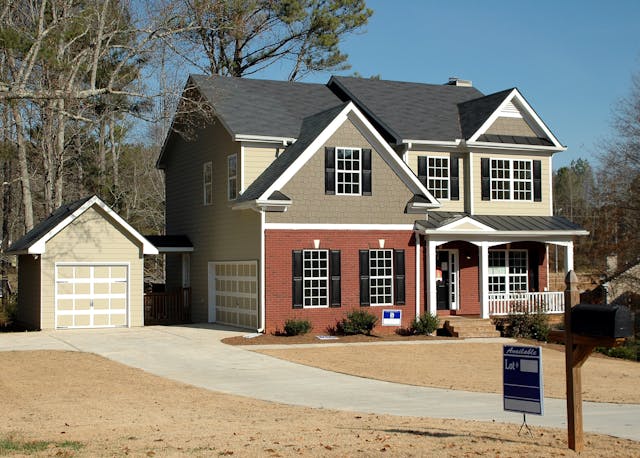Property management comes with its own set of challenges. From dealing with difficult tenants to handling maintenance issues, property managers need effective strategies to keep everything running smoothly. Here are some expert tips to help you master property management and tackle common challenges with confidence.
Handling Difficult Tenants
Dealing with difficult tenants can be one of the toughest parts of property management. To handle this, it’s important to establish clear communication and set boundaries early on. Create a detailed lease agreement that outlines rules and expectations. When issues arise, address them promptly and professionally. Document all interactions and keep records of complaints and resolutions. This not only protects you legally but also helps in maintaining a respectful and orderly environment.
Managing Maintenance and Repairs
Maintenance and repairs are inevitable in property management. To stay on top of this, implement a proactive maintenance plan. Regularly inspect properties and address small issues before they become big problems. Build a reliable network of contractors and service providers who can respond quickly to repair needs. Additionally, consider using property management software to track maintenance requests and schedules. This ensures that nothing falls through the cracks and keeps your properties in top condition.

Ensuring Timely Rent Collection
Timely rent collection is crucial for maintaining cash flow. Set up a clear rent collection process and communicate it to tenants from the beginning. Offer multiple payment options, such as online payments, to make it convenient for tenants. Send reminders before rent is due and follow up immediately on late payments. If necessary, implement late fees as a deterrent. Consistency is key—stick to your policies and enforce them fairly to ensure everyone pays on time.
Navigating Legal Requirements
Navigating legal requirements is a critical part of property management. Make sure you understand local, state, and federal laws related to rental properties. Stay updated on changes in housing regulations and tenant rights. It’s wise to consult with a real estate attorney to ensure you are compliant with all legal requirements. Keeping thorough records of leases, inspections, and communications can protect you in case of disputes.
Building Good Tenant Relationships
Building good relationships with tenants can make property management much smoother. Treat your tenants with respect and address their concerns promptly. Regularly communicate with them and seek feedback on how you can improve their living experience. Happy tenants are more likely to stay longer and take better care of the property. A good relationship with tenants can lead to fewer vacancies and lower turnover costs.
Implementing Effective Marketing Strategies
Effective marketing is essential for attracting quality tenants. Use a mix of online and offline marketing channels to reach a wide audience. Create appealing listings with high-quality photos and detailed descriptions of your properties. Highlight the best features and amenities. Utilize social media and property listing websites to increase visibility. Keeping your properties occupied with good tenants helps maintain steady income and reduces the time and cost associated with finding new renters.
Handling Financial Management
Proper financial management is crucial for property managers. Keep detailed records of all income and expenses related to your properties. Use property management software to track rent payments, maintenance costs, and other expenses. Create a budget and stick to it, ensuring you have funds set aside for unexpected repairs. Regularly review your financial statements to identify areas where you can save money or increase income.

Addressing Tenant Turnover
Tenant turnover can be costly and time-consuming. To minimize turnover, focus on tenant retention by providing excellent service and maintaining the property well. When a tenant does move out, have a plan in place for quickly preparing the unit for the next tenant. Conduct a thorough inspection, make necessary repairs, and clean the property thoroughly. Advertise the vacancy promptly to reduce the time the unit sits empty.
Leveraging Technology
Technology can make property management more efficient and effective. Use property management software to handle tasks like rent collection, maintenance requests, and tenant communication. Consider using smart home technology to enhance the living experience for tenants, such as smart locks or thermostats. Staying up-to-date with the latest technology can save you time and money, making property management easier.
